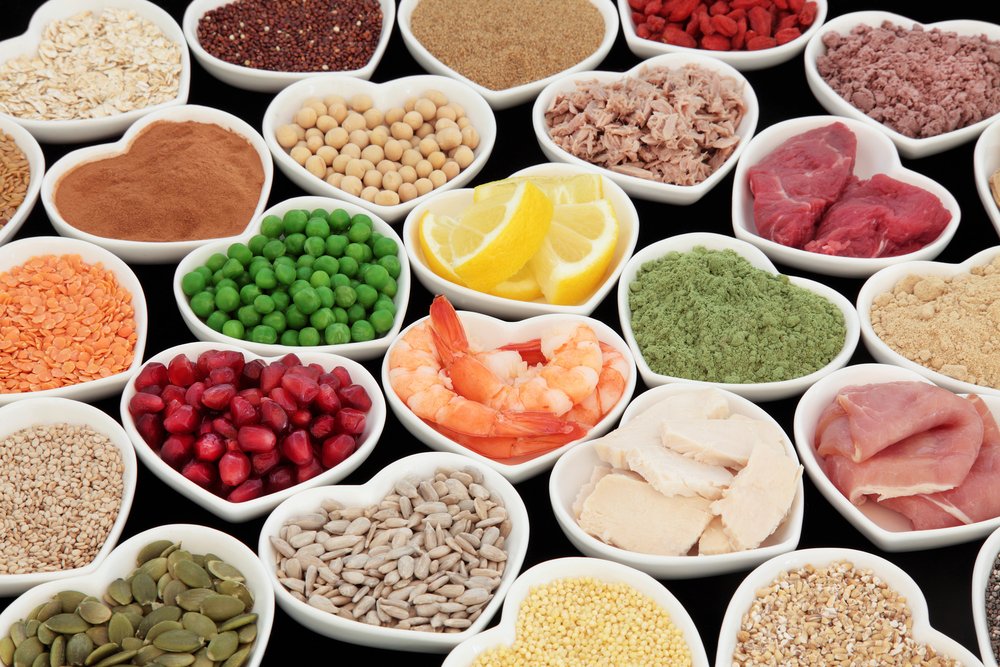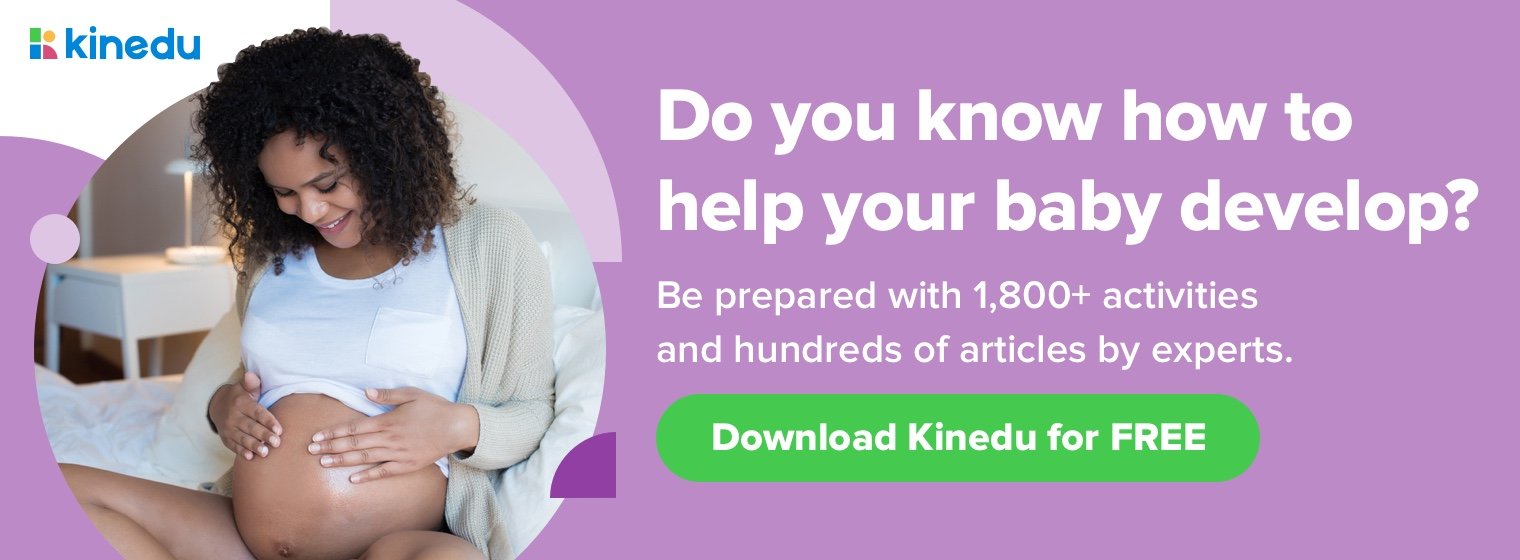When it comes to nutrition during pregnancy, there’s no magic recipe. The same recommendations for a healthy diet apply to your pregnancy. It’s never too late to start eating more balanced! To ensure your baby gets all the necessary nutrients, enjoy plenty of fruits and vegetables, healthy fats, complex carbohydrates, proteins, and lean meats. Here’s a breakdown of all the essential nutrients for pregnancy and the foods that contain them!
Folate (folic acid): This vitamin B is crucial for preventing birth defects. In addition to the daily folic acid supplement you take, include fortified cereals, dark leafy greens (spinach, kale, asparagus), beans and lentils, citrus fruits, eggs, nuts, and peanut butter in your diet.
Calcium: This mineral is essential for your baby to develop healthy bones and teeth! Make sure you consume enough calcium. Some calcium-rich foods include dairy (easily absorbed by the body), salmon, broccoli, kale, fortified orange juice, eggs, pumpkin, and tofu.
Proteins: They are vital for your baby’s growth! They also help in the development of mammary and uterine tissues during pregnancy and increase the blood volume in your body! Add an extra 25 grams of protein to your daily diet with these natural sources: lean beef, beans, seafood, nuts and peanut butter, cottage cheese, chicken, and tofu.
Vitamin D: It’s crucial for the growth of bones and teeth! Find it in fatty fish, sunlight (your body synthesizes vitamin D from sunlight), eggs, milk, and fortified juice.
Iron: This micronutrient is essential for carrying oxygen to your body and your baby! It also increases blood flow when combined with sodium, water, and potassium. There are two types of iron: heme (found in animal products and easily absorbed) and non-heme (found in plants). Some iron sources (heme and non-heme) are lean meat and chicken (easily absorbed), fortified cereals, eggs, nuts, and dark leafy greens.
In addition to maintaining a balanced diet with all these nutrients, don’t forget to drink plenty of water and take the prenatal vitamins recommended by your doctor. This way, you’ll receive the necessary nutrients to keep you and your baby healthy!








